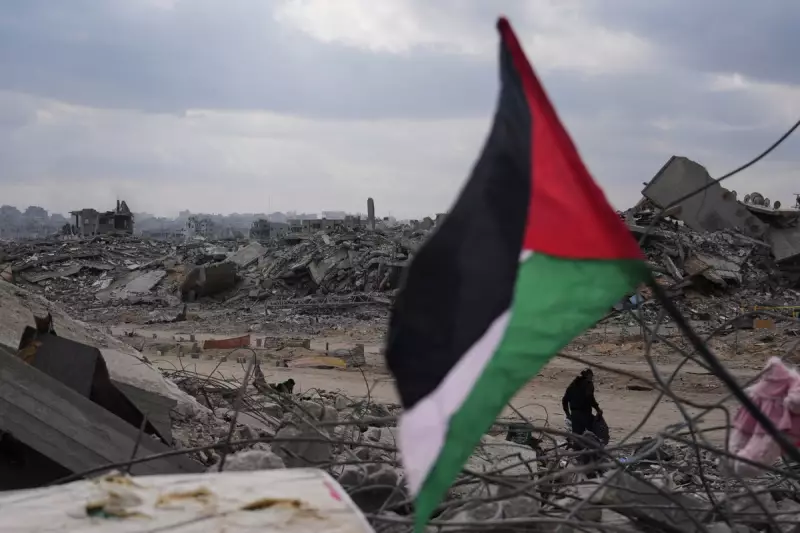
In a dramatic escalation of campus activism, students at both Oxford and Cambridge Universities have established solidarity encampments, mirroring similar protests that have swept across American campuses in recent weeks.
The protests, organised by the Oxford Action for Palestine (OA4P) and Cambridge for Palestine groups, represent one of the most significant coordinated student movements in recent British academic history.
Demanding Institutional Accountability
Protesters are calling for their universities to completely divest from Israel and terminate all research partnerships with Israeli institutions. The movement has gained momentum following months of Israel's military operations in Gaza, which have resulted in extensive casualties.
At Cambridge, students have occupied the lawn outside King's College, while Oxford protesters have set up camp in the university's iconic Radcliffe Square. Both groups have committed to maintaining their presence until their demands are met.
University Responses
Cambridge University administration has acknowledged the protest, stating they are "monitoring the situation" while emphasising their commitment to free speech within legal boundaries. Oxford authorities have similarly recognised students' right to protest while noting the need to maintain university operations.
Neither institution has indicated willingness to meet the divestment demands, setting the stage for a potential prolonged standoff.
National Movement Gains Momentum
The Oxford and Cambridge encampments join growing protests at other UK universities including Manchester, Newcastle, and Leeds. This coordinated action represents the most significant wave of student activism Britain has witnessed in years, drawing comparisons to historical anti-apartheid and Vietnam War protests.
Organisers have established structured camps with designated areas for education, media, and welfare, suggesting preparations for an extended occupation.
Broader Implications
The protests have ignited debates about the role of academic institutions in international conflicts and the limits of ethical investment policies. As the encampments enter their critical early days, all eyes remain on how Britain's most prestigious universities will navigate this challenging situation.





